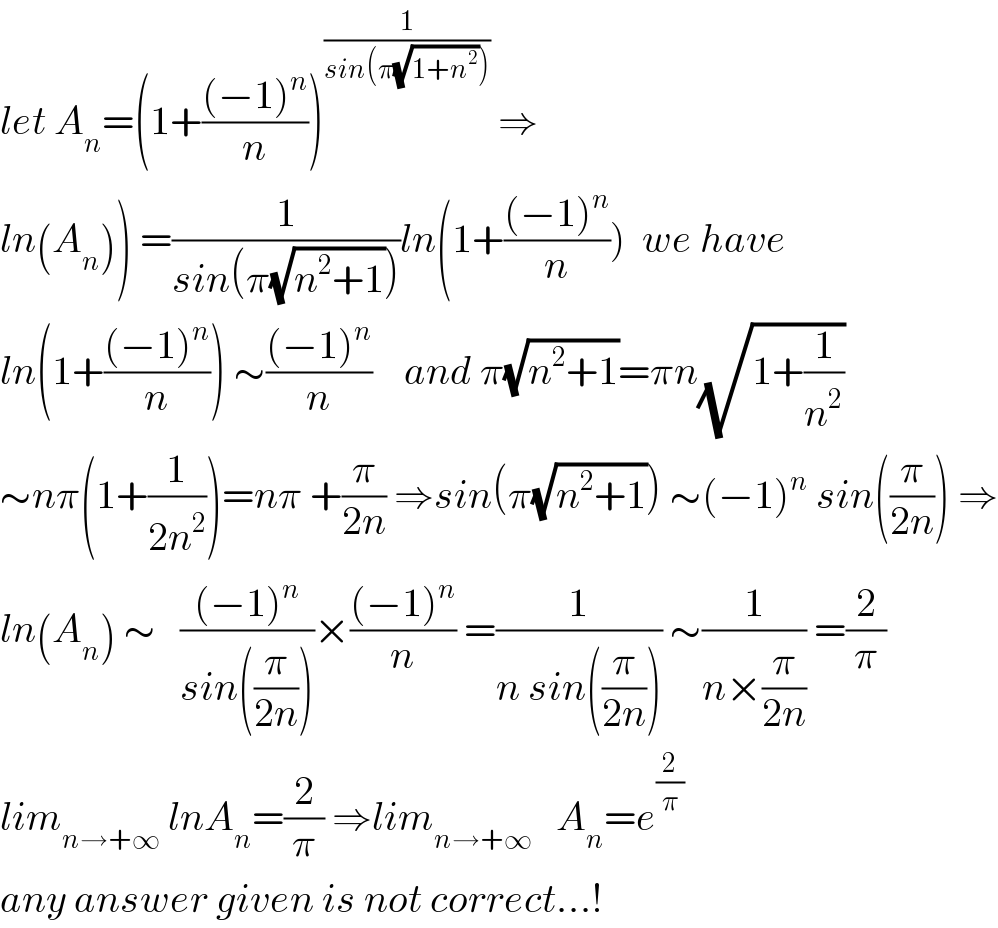
Question and Answers Forum
Question Number 74041 by FCB last updated on 18/Nov/19

Commented by mathmax by abdo last updated on 18/Nov/19

Commented by FCB last updated on 18/Nov/19

Commented by abdomathmax last updated on 18/Nov/19

| ||
Question and Answers Forum | ||
Question Number 74041 by FCB last updated on 18/Nov/19 | ||
 | ||
Commented by mathmax by abdo last updated on 18/Nov/19 | ||
 | ||
Commented by FCB last updated on 18/Nov/19 | ||
 | ||
Commented by abdomathmax last updated on 18/Nov/19 | ||
 | ||